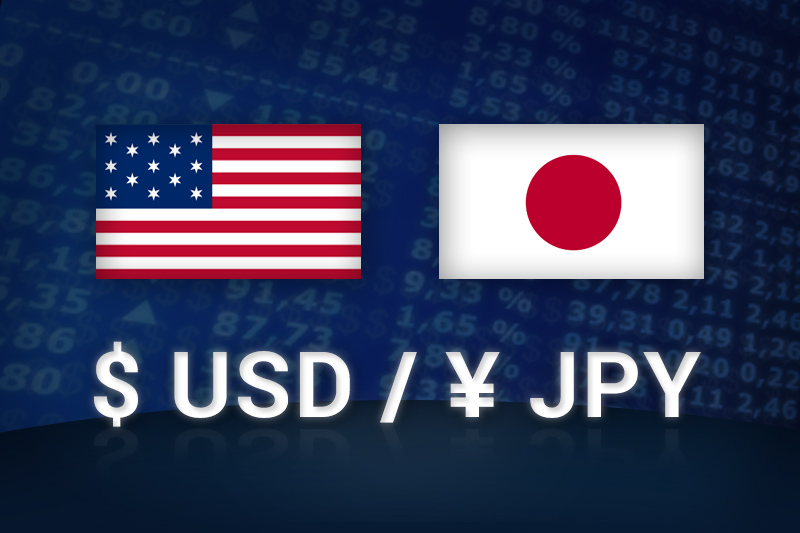Investing.com- The Japanese yen continued to plunge against the U.S. dollar and the other major currencies in Friday’s Asian session as two downbeat Japanese data points spurred speculation Prime Minister Shinzo Abe will be able to force the Bank of Japan to rethink its inflation targets.
In Asian trading Friday, USD/JPY jumped 0.31% to 83.38. The pair was likely to find support at 84.33, Monday’s low, and resistance at 86.63, today’s high.
Earlier in the session, the yen fell to its lowest levels against the greenback since August 2010. EUR/JPY gained 0.36% to 114.41, sending the yen to its lowest levels against the euro since July 2011.
In Japanese economic news, the government reported that consumer prices excluding fresh food, fell 0.1% in November. That number was inline with what economists expected, but it also spurred speculation that Prime Minister Abe could prove successful in forcing BoJ to alter its inflation target.
Abe wants Japan, long suffering from deflation, to have inflation of 2%. BoJ’s current goal is 1%, but the newly elected prime minister has threatened to revoke a law guaranteeing the central bank’s independence if it does come to terms with his inflation goals.
Another government reported showed Japan’s industrial output slid 1.7% in November to the lowest since 2011 natural disasters that ravaged the country. The slump in industrial production could be another sign that Abe will be able to force BoJ to engage in unlimited monetary easing.
Elsewhere, JPMorgan revised its USD/JPY estimate to 90 from 83. The bank believes the pair will hit 90 in the second-quarter of 2013. On a similar note, Nomura Securities moved its USD/JPY to 90 from 85.
JPMorgan also sees EUR/JPY trading to 117 over the same time horizon.
In Asian trading Friday, USD/JPY jumped 0.31% to 83.38. The pair was likely to find support at 84.33, Monday’s low, and resistance at 86.63, today’s high.
Earlier in the session, the yen fell to its lowest levels against the greenback since August 2010. EUR/JPY gained 0.36% to 114.41, sending the yen to its lowest levels against the euro since July 2011.
In Japanese economic news, the government reported that consumer prices excluding fresh food, fell 0.1% in November. That number was inline with what economists expected, but it also spurred speculation that Prime Minister Abe could prove successful in forcing BoJ to alter its inflation target.
Abe wants Japan, long suffering from deflation, to have inflation of 2%. BoJ’s current goal is 1%, but the newly elected prime minister has threatened to revoke a law guaranteeing the central bank’s independence if it does come to terms with his inflation goals.
Another government reported showed Japan’s industrial output slid 1.7% in November to the lowest since 2011 natural disasters that ravaged the country. The slump in industrial production could be another sign that Abe will be able to force BoJ to engage in unlimited monetary easing.
Elsewhere, JPMorgan revised its USD/JPY estimate to 90 from 83. The bank believes the pair will hit 90 in the second-quarter of 2013. On a similar note, Nomura Securities moved its USD/JPY to 90 from 85.
JPMorgan also sees EUR/JPY trading to 117 over the same time horizon.
